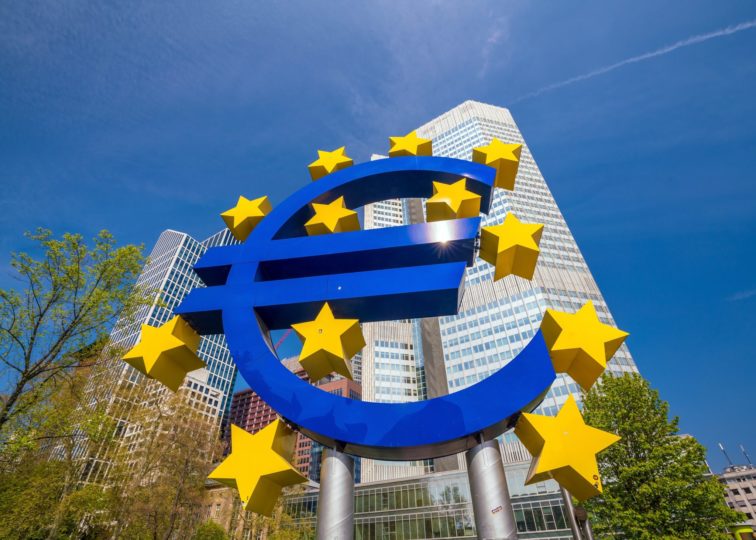
Blog
Eurozone Falls Into Recession as Inflation Curbs Consumption
June 14, 2023
The eurozone entered a technical recession in the first quarter of the year as consumers struggled to keep pace with rampant inflation, and economists are not optimistic for the continent’s coming months.
Gross domestic product for the 20-member economic bloc contracted by 0.1% in the first quarter, according to revised estimates from the group’s statistics office, Eurostat.
Initial estimates showed that the region saw positive growth of 0.1% in the months between Janaury and March, but revisions to data from Germany, the region’s economic powerhouse, showed a contraction of 0.3% for the period. Ireland also made a downward revision to its Q1 growth, now showing a contraction of nearly 5%.
The newly revised numbers follow a contraction of 0.1% in the fourth quarter of last year, giving the region two consecutive quarters of negative GDP growth, the commonly accepted definition of a recession.
Economists anticipate further contraction ahead as the region’s consumers grapple with inflation. Eurozone inflation has retreated significantly in recent months, falling to 6.1% in May from double-digit levels last autumn. Still, higher prices have begun to weigh on consumers, with household consumption falling by 0.3% in the first quarter.
The slowing economy poses a challenge for the European Central Bank (ECB), which, much like the Federal Reserve and other central banks throughout the world, has been aggressively raising rates for the past year in an effort to curb inflation. The ECB is due to meet next week, and the market consensus is that another 25 basis point increase is likely. The region’s poor economic performance may limit the ECB’s ability to further raise rates without damaging the economy, though ECB officials have signaled that bringing down inflation is more important than maintaining economic growth.
